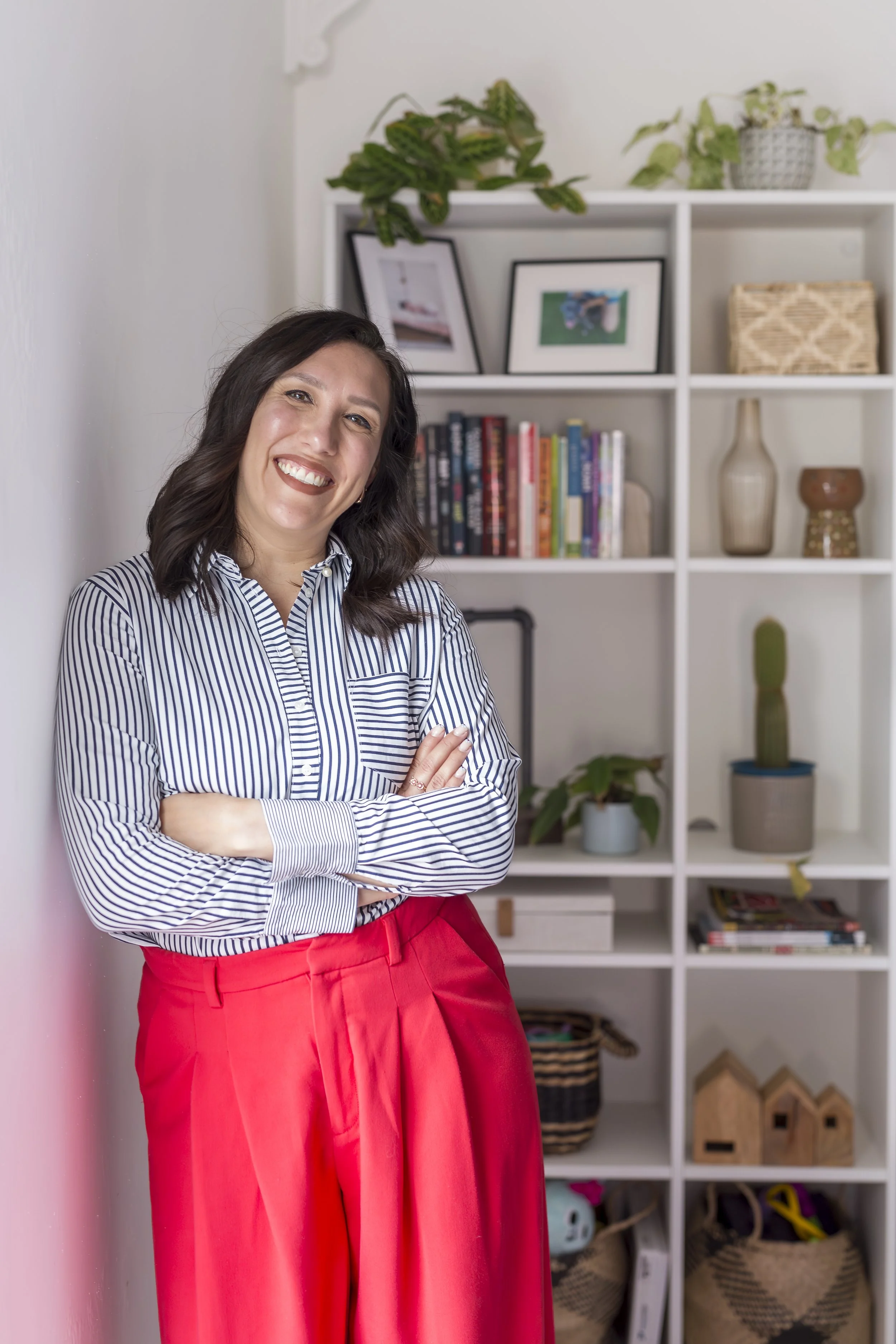Frequently Asked
Questions
I aim to provide you with as much clarity as possible as you consider starting therapy with me.
If you have any other questions or need more information, please don't hesitate to reach out!

What are your therapeutic specialties? What clients do you work with?
Anxiety and Trauma: I specialize in working with individuals ages 10 and up.
Relationships: I specialize in any form of intimate relationship, including couples, polyamorous, ENM, and kink. Being part of the LGBTQIA+ community myself, I affirm all types of relationships.
Parenting: I work with new moms and other parents of any age who are experiencing the challenges of pregnancy, postpartum, and/or “just plain” parenting.
What can I expect in my first therapy session?
In your first therapy session, I'll ask about your reasons for seeking therapy, your current situation, and any goals you have. I'll also gather personal and medical history to understand you better. This session is an opportunity for you to ask questions and get comfortable with the process. My goal is to make sure you feel safe, understood, and ready to start your therapy journey.
How long does each therapy session take? Are sessions virtual?
Individual sessions last 50 minutes, with the last 5 minutes reserved for scheduling. Intimate relationship sessions are typically 50 minutes unless we previously determine to hold a longer session. Group therapy sessions are also 50 minutes. Currently, I only provide virtual therapy for clients ages 10 and up.
How long does therapy last? How many sessions do I need?
The duration of therapy varies based on your individual needs. Some clients benefit from short-term therapy lasting a few weeks to a few months, while others may continue for several months or even years to address deeper issues and make lasting changes. As an example, for intimate relationships usually 12-16 sessions are common, followed by regular check-ins. The number of sessions needed is determined together, based on your goals. We will work together to determine the best approach and timeline for your unique situation.
How do I know if therapy is working?
You may notice improvements in your mood, behavior, and relationships as therapy progresses. Therapy is effective when you start seeing positive changes in how you cope with stress, manage emotions, and interact with others. You should feel more empowered, gain insights into your thoughts and behaviors, and notice a reduction in symptoms of distress. Regularly discussing your progress with me will help ensure that therapy is meeting your needs.
Do you offer sliding scale rates? Do you take insurance?
I offer lower fee rates determined with the client and have a limited number of sliding scale slots available. I accept Optum/United Behavioral Health insurance. For those with other insurance providers, I can check your out-of-network benefits and provide superbills for reimbursement at no extra expense to you.



